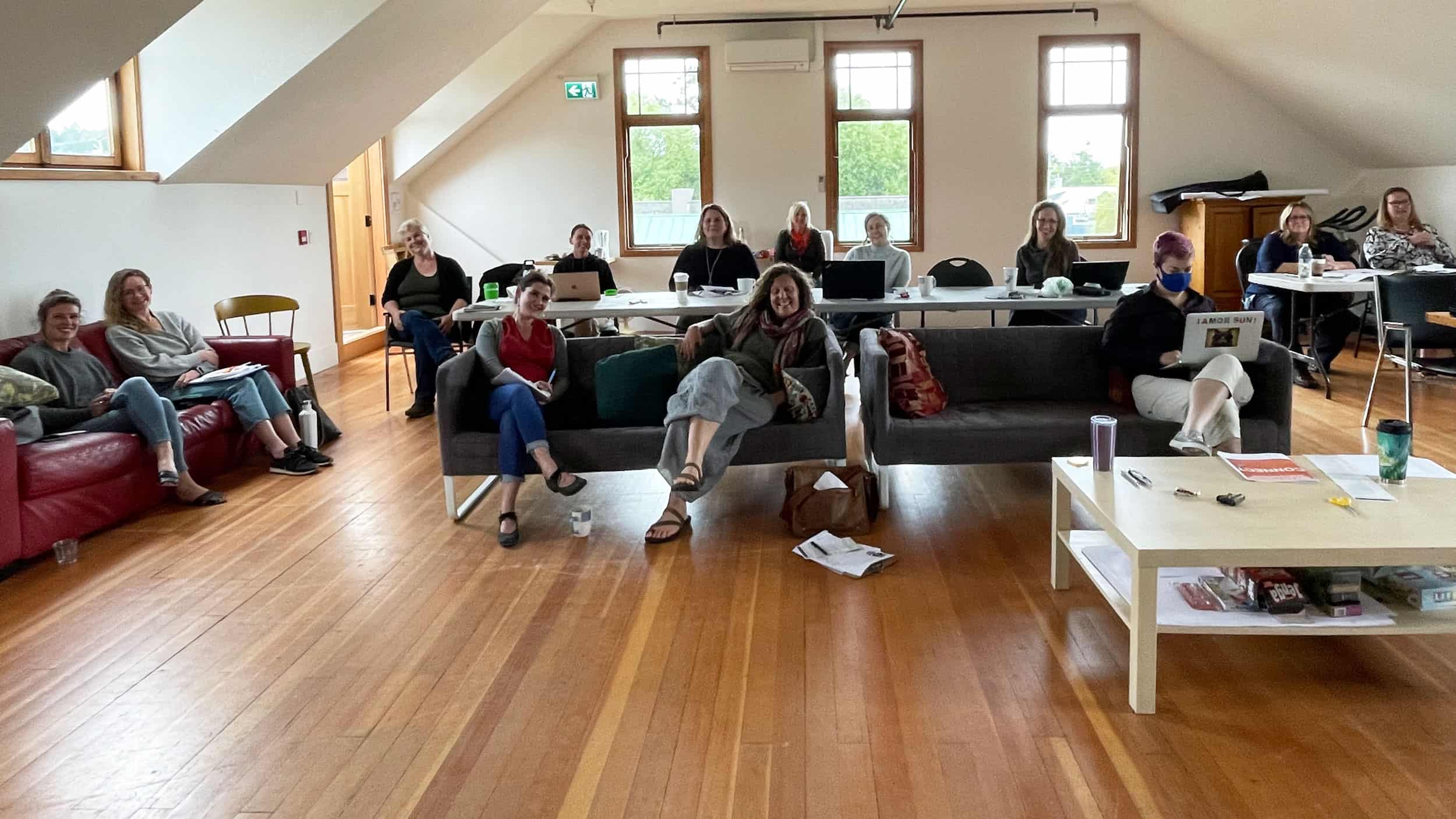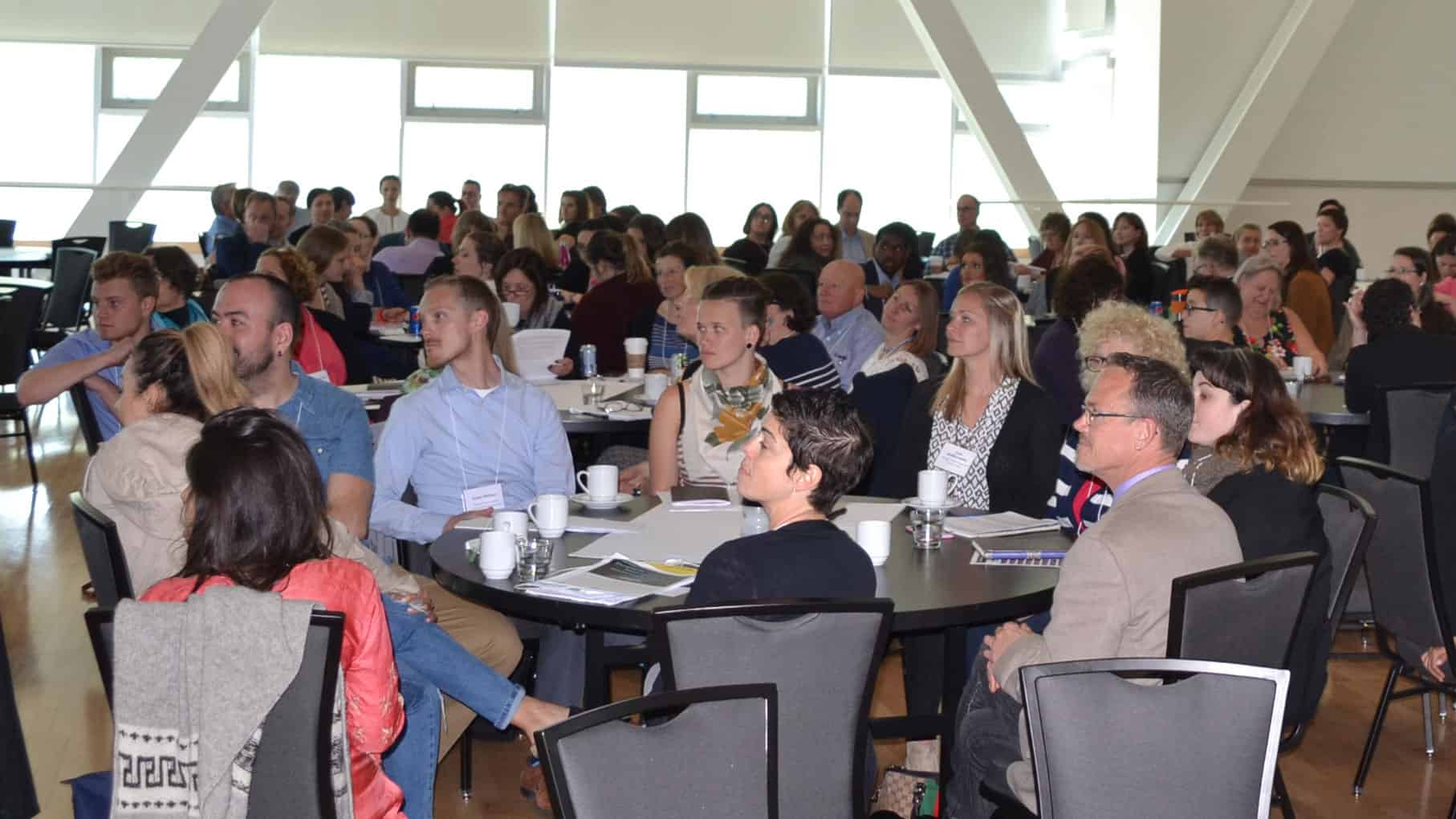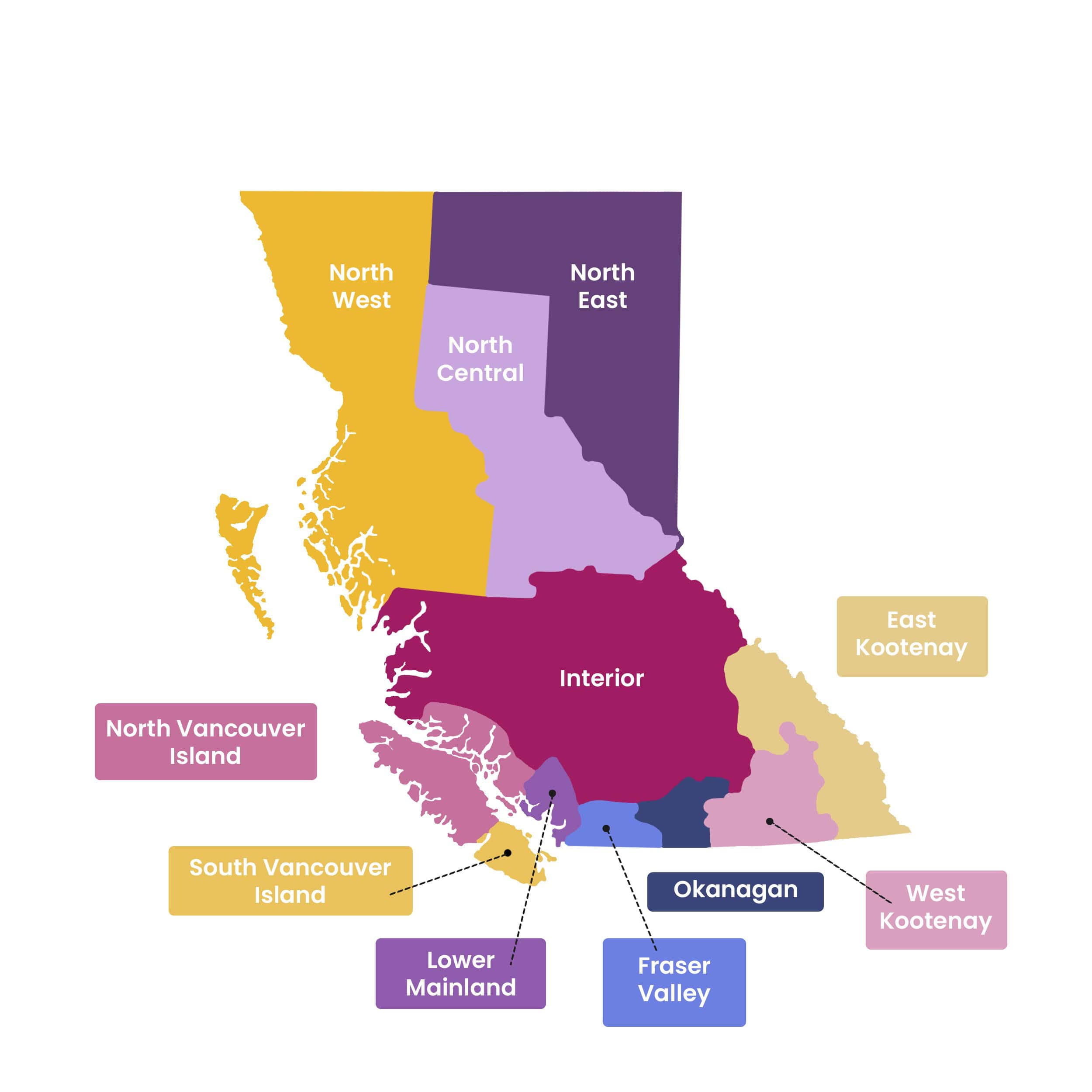Community Coordination
Community Work
About our work
Community Coordination for Survivor Safety (CCSS) (formerly CCWS), works with responders in communities across BC, and at the provincial level, to support the development of integrated, coordinated and cross-sectoral responses to gender-based violence. The main goal of coordination is to improve services and enhance safety for all survivors.
Unity is strength…when there is teamwork and collaboration, wonderful things can be achieved. Mattie Stepanek
Community Coordination for Survivor Safety (CCSS):
- Supports the coordination of service providers at the local level through training, consultation, community development and the provision of resources
- Provides training, consultation and operational support on the Third Party Reporting (TPR) Provincial Protocol to community and anti-violence agencies.
- Provides training, consultation and operational support to Violence Against Women in Relationships (VAWIR)/Violence in Relationship (VIR) committees, Sexual Assault Coordination Committees (SACCs) and Sexual Assault Response Teams (SARTs)
- Provides training, consultation and operational support to Interagency Case Assessment Teams (ICAT) to reduce risk in cases of highest risk intimate partner violence.
- Works with local and provincial service providers to identify barriers to survivor safety and works with the government and other stakeholders to address these barriers


History of Community Coordination for Survivor Safety (CCSS)
With the support of the Province of BC, survivor-serving organizations and system responders have been involved in the development of coordination initiatives to end gender-based violence since the late 1980s. These initiatives were modeled on the Duluth Domestic Abuse Intervention Program as well as models developed in Victoria, BC and London, Ontario. Today, there are over 60 coordination initiatives across the province, including Violence Against Women in Relationship/Violence in Relationship Committees, Sexual Assault Response Teams, Interagency Case Assessment Teams and initiatives focused on sexual assault coordination. Many of these partnerships are located in rural and isolated areas and bring together those working in systems (e.g. MCFD, police) and community based organizations to share information, create effective referral systems and resolve systemic problems affecting survivor safety.
CCSS was formerly known as CCWS, Community Coordination for Women’s Safety.
Coordination Communities of Practice (CoP)
To further support coordination in communities, our staff facilitate bi-annual provincial coordination Communities of Practice (CoP) Zoom meetings. Each coordination CoP meeting focuses on one or two key issues and participants are invited to give feedback about key challenges and successes at the local level, share updates, hear about Community Coordination for Survivor Safety (CCSS) work, and flag issues that require CCSS to undertake further analysis or advocacy.
We currently organize three coordination Communities of Practice:
- Interagency Case Assessment Team (ICAT) CoP
- For ICAT co-chairs and ICAT coordinators across the province
- Community Coordination CoP
- For chairs of coordination initiatives such as Violence Against Women In Relationships (VAWIR)/Violence In Relationships (VIR)/Intimate Partner Violence (IPV) and Sexual Assault Coordination (SAC) committees
- Third Party Reporting (TPR) CoP
- Community-Based Victim Services (CBVS) and Sexual Assault Services (SAS) Coordination workers that complete Third Party Reports.
If you are involved in coordination in your community and would like to be informed of the next coordination Community of Practice meeting, please contact us at ccss@endingviolence.org.

Have a question? We may have answered it on the Common Questions page.

